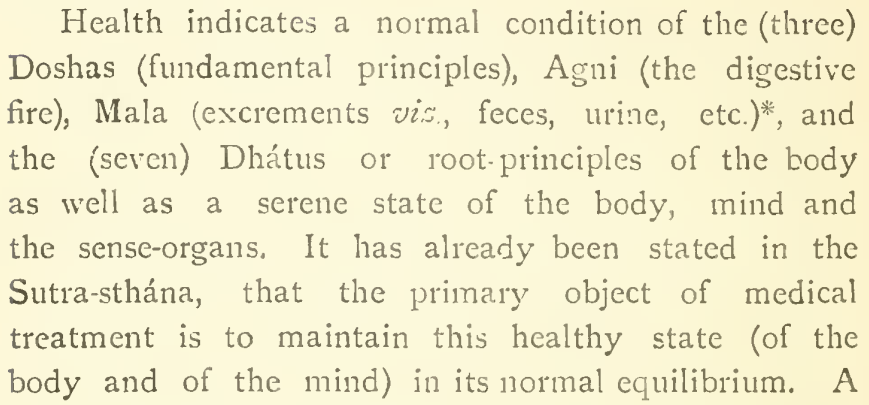Utilizing Ayurveda in the Month of Bhadrapada
Bhadrapada, also known as Bhado or Bhadon, is the sixth
month of the Hindu calendar. It usually falls in August or September in the
Gregorian calendar, depending on the lunar calendar.
Ayurveda, the traditional system of medicine in India, is
closely tied to the seasons and lunar calendar. Ayurveda recognizes the impact
of seasonal changes on the body's doshas (Vata, Pitta, and Kapha) and
recommends different health practices and dietary guidelines for each season.
In Bhadrapada, which typically marks the transition from
monsoon (Varsha) to post-monsoon (Sharad) season in India, Ayurvedic practices
often focus on balancing the increased Vata dosha and maintaining overall
health. Here are some Ayurvedic tips and practices you might consider during
Bhadrapada:
- Dietary
Adjustments:
- As
the monsoon season wanes, Ayurveda suggests transitioning to a lighter
diet that is easy to digest. Include warming and mildly spicy foods to
balance Vata.
- Incorporate
freshly harvested seasonal fruits and vegetables into your diet.
- Reduce
the intake of heavy, fried, or excessively oily foods.
- Stay
Hydrated:
- Continue
to stay well-hydrated even as the rains lessen. Opt for warm or room
temperature water or herbal teas.
- Herbal
Remedies:
- Ayurvedic
herbs like ginger, turmeric, and asafoetida can be beneficial during this
season to aid digestion and boost immunity.
- Daily
Routine (Dinacharya):
- Maintain
a regular daily routine to help stabilize your body's rhythms. This
includes waking up early, practicing meditation or yoga, and going to bed
on time.
- Oil
Massage (Abhyanga):
- Regular
oil massages with warm sesame or herbal oils can help counteract the
drying effects of the post-monsoon season and keep your skin and joints
healthy.
- Ayurvedic
Detox (Panchakarma):
- Consider
undergoing Panchakarma, a traditional Ayurvedic detoxification and
rejuvenation therapy, under the guidance of a qualified Ayurvedic
practitioner.
- Avoid
Excessive Travel:
- It's
recommended to minimize long journeys during this time, as Vata dosha can
make the body more susceptible to imbalances.
- Embrace
Ayurvedic Lifestyle Recommendations:
- Follow
Ayurvedic lifestyle guidelines, including moderation in all aspects of
life, regular exercise, and managing stress through practices like
meditation and pranayama.
- Consult
an Ayurvedic Practitioner:
- For
personalized recommendations based on your unique constitution (Prakriti)
and imbalances (Vikriti), consult with an experienced Ayurvedic
practitioner.
- Maintain
Hygiene:
- Continue to maintain good personal hygiene, especially considering the fluctuating weather conditions.

Ayurveda accepts you as a whole and recognises the interdependence of your mind, body, and soul. You can also check out about ayurvedic products supplier in india here.
ReplyDelete